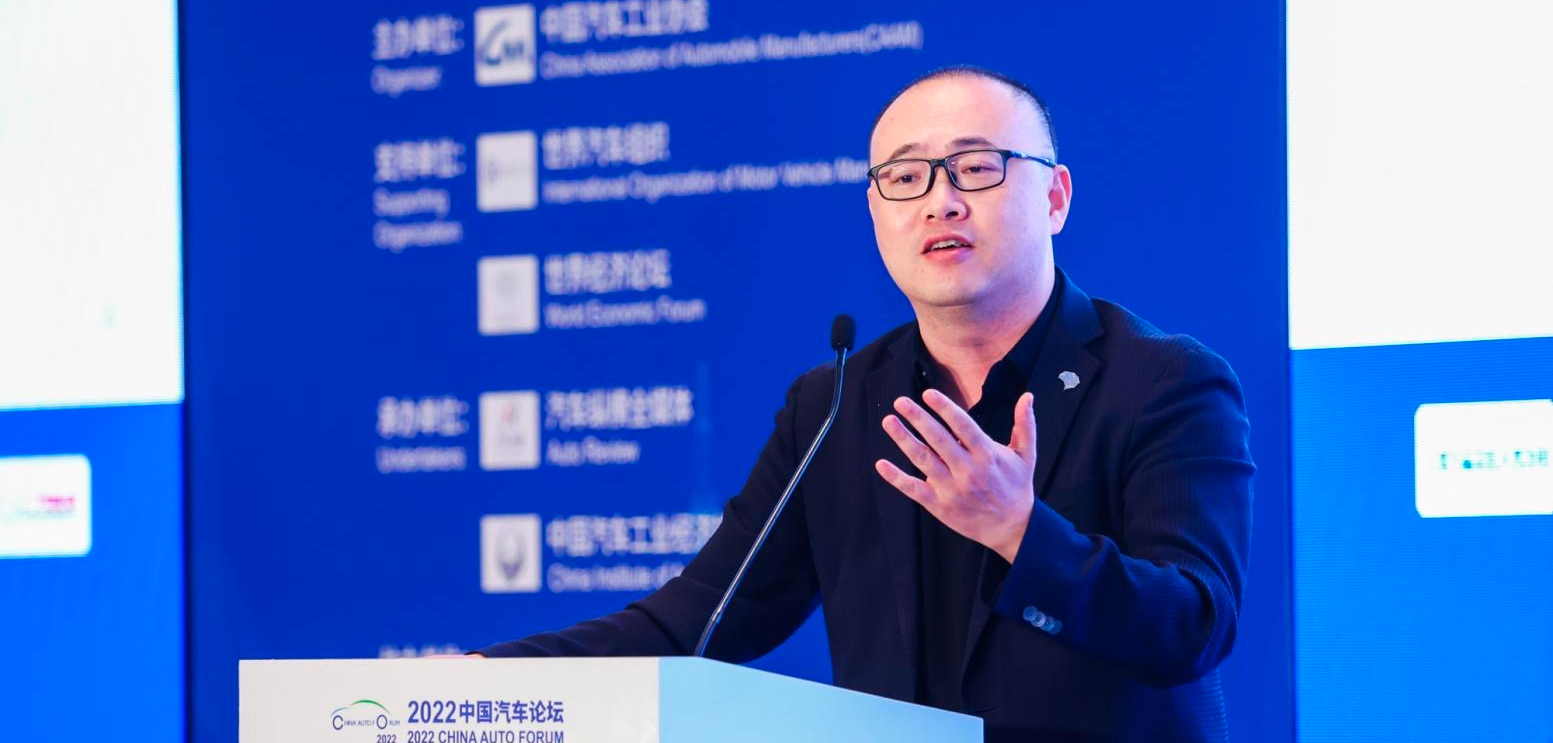On November 9th, the 12th China Automobile Forum officially opened and Dr. Kai Yu, founder of Horizon Robotics, delivered a keynote speech and revealed the latest progress of Horizon Robotics.
Latest progress
Firstly, the latest progress of Horizon Robotics. Kai Yu stated that Horizon Robotics has launched an intelligent driving chip every year in the past three years. In less than 24 months, the cumulative shipments of the Journey series chips by Horizon Robotics have exceeded 2 million units. Among third-party independent chip companies, the shipments of Horizon Robotics ranked first in the domestic market in the first 9 months of this year, surpassing Mobileye and Nvidia.
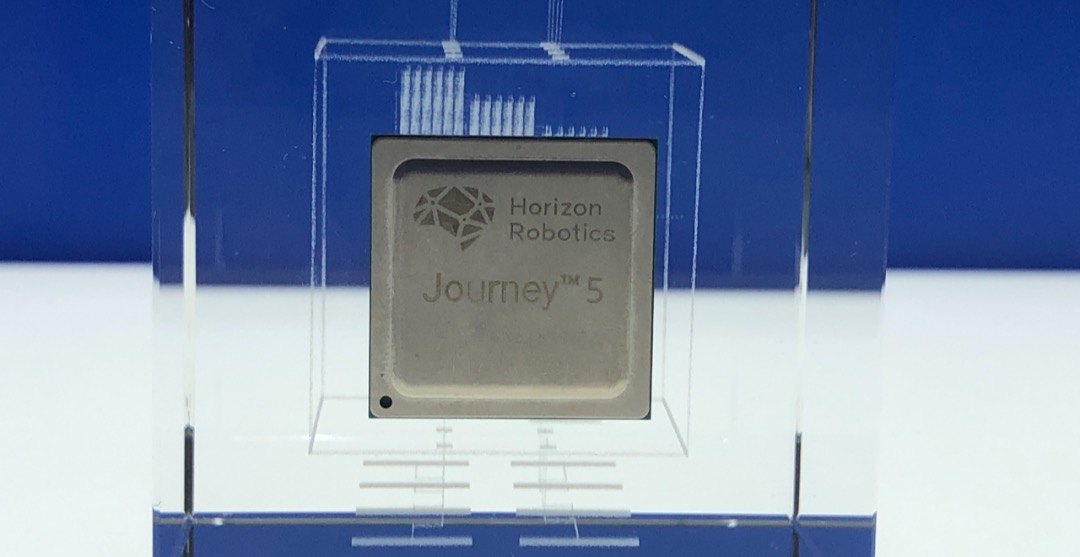
Journey 5 has already won a series of fixed points, including SAIC, Hongqi, Li Xiang, BYD, and more. The first model to be launched will be the Li Xiang L8 Pro. The Li Xiang L8 will be released tomorrow, which means that the Journey 5 series by Horizon Robotics will officially begin mass production.
In addition, Kai Yu revealed that Horizon Robotics officially fixed a new car model of NIO’s new brand last week.
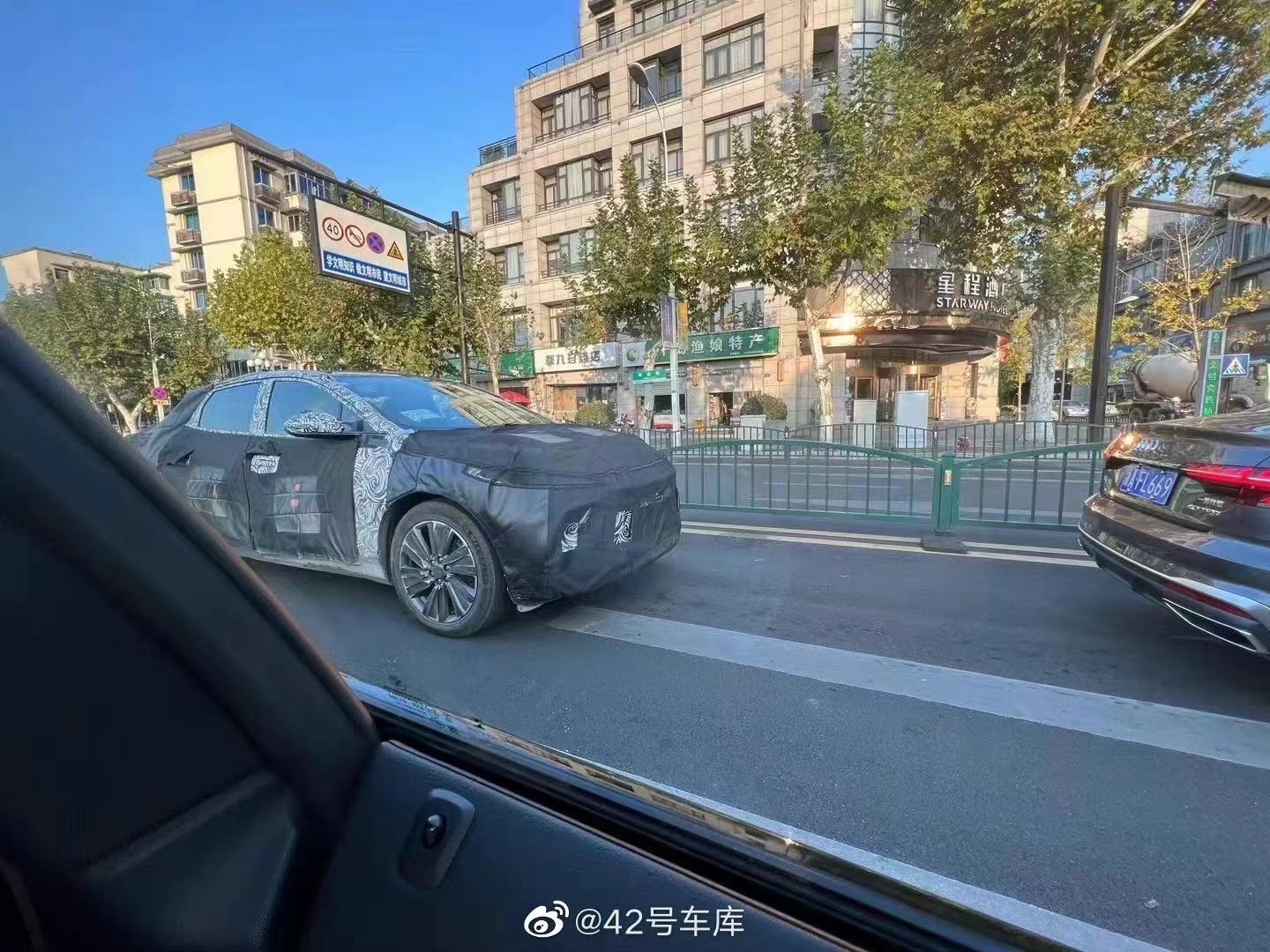
It is worth mentioning that a user posted photos yesterday of a new NIO brand car model with the codename “Alps” undergoing on-road testing. With the official announcement from Kai Yu, there is now more certainty about “Alps”. Perhaps, the new NIO brand will make substantial progress soon.
Another major event for Horizon Robotics was the collaboration with Volkswagen. Horizon Robotics and Volkswagen jointly announced the establishment of a joint venture company not long ago. Volkswagen invested about 2.4 billion euros in this cooperation, and the cooperation is expected to be completed in the first half of 2023.
Several viewpoints
In addition, Kai Yu mentioned several viewpoints:- Intelligent cars are epic innovations comparable to the birth of computers, and they are the first intelligent terminal in human history.
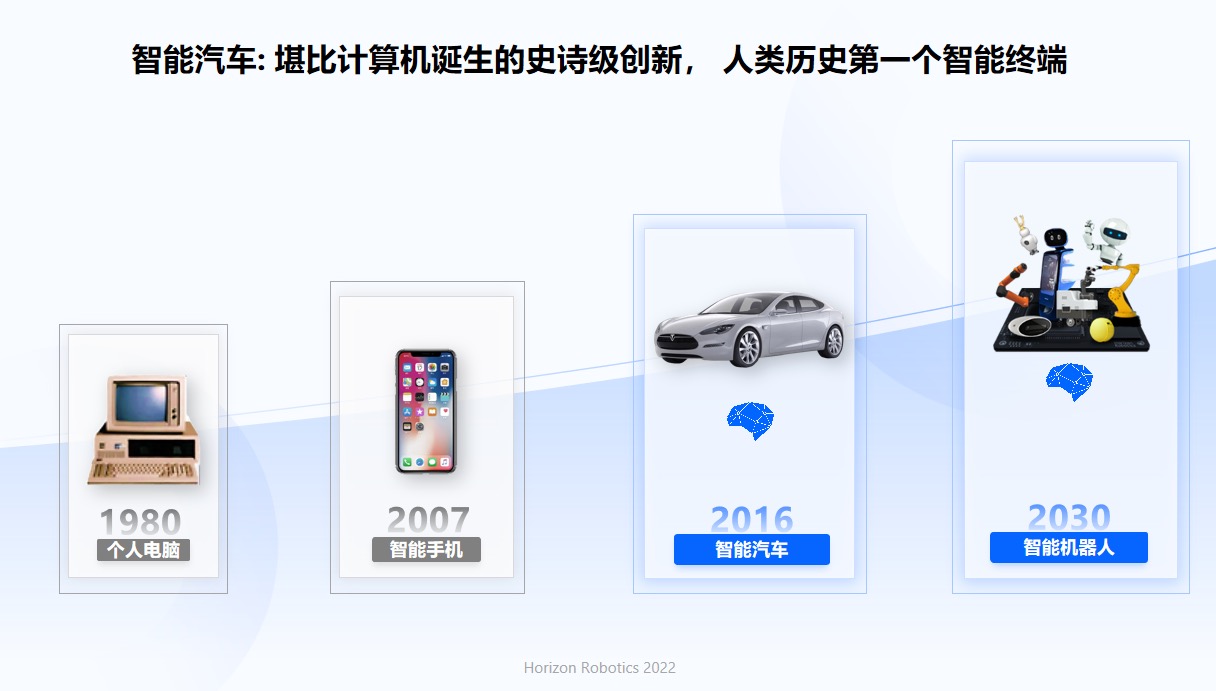
The past two generations of computing platforms, computers and smartphones, have changed the world. The next platform after smartphones is a computing platform for ubiquitous robots. Intelligent cars are the first foothold of intelligent computing platforms.
-
In the era of intelligent cars, a unified underlying operating system, unified chip architecture, and an application ecosystem will certainly evolve, just like in the PC and smartphone era.
-
The chip operating system and software sensors of intelligent cars will be extended to various robot application scenarios as well.
This is why Horizon Robotics, a company that starts with the chip technology of robots and applies it to the intelligent car scene, ultimately empowers machines. Tesla’s humanoid robot developed through the FSD chip validates their predictions about the development of the intelligent computing platform’s foothold.
- The core of differentiated competition in the automotive industry lies in software, while bottom-level technologies tend to be unified.
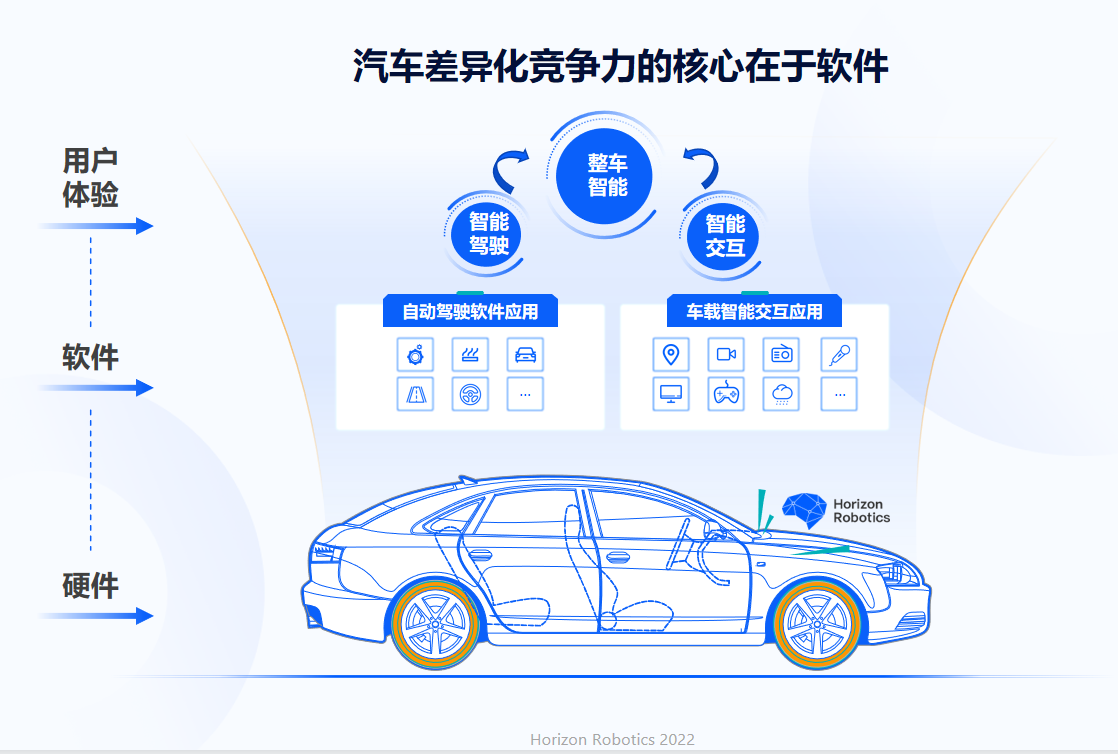
This is easy to understand. In the era of intelligent cars, the closer to the application layer, the more differentiated it becomes, and the closer to the bottom-level technology, the more unified it becomes. A unified underlying operating system and unified chip architecture, much like in the PC and smartphone era, provide differentiated experiences through software.
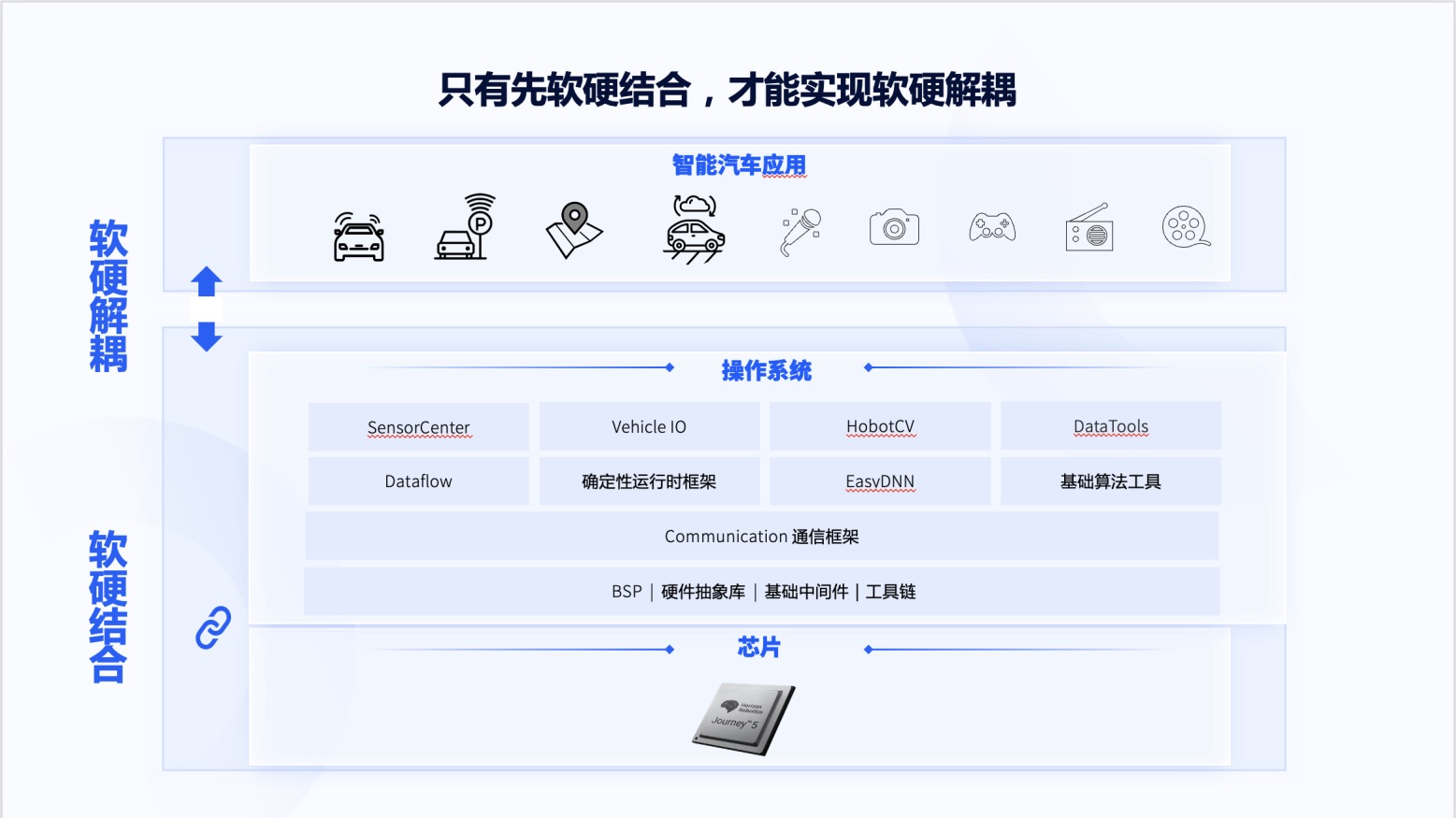
- The way to win with chips lies not only in the chips but also in the software.Horizon provides three types of cooperative modes, including NVIDIA mode, TogetherOS mode, and BPU authorization mode. These three modes may need some explanation. The NVIDIA mode refers to a closed system in which the operating system, underlying software, and SOC chip architecture are closed to the entire vehicle manufacturer, but the development of upper-layer application software can be deeply integrated with the entire vehicle manufacturer.
The BPU mode refers to Horizon providing open BPU architecture design references and technical support to the host factory to help them build chips suitable for themselves.
This article is a translation by ChatGPT of a Chinese report from 42HOW. If you have any questions about it, please email bd@42how.com.
